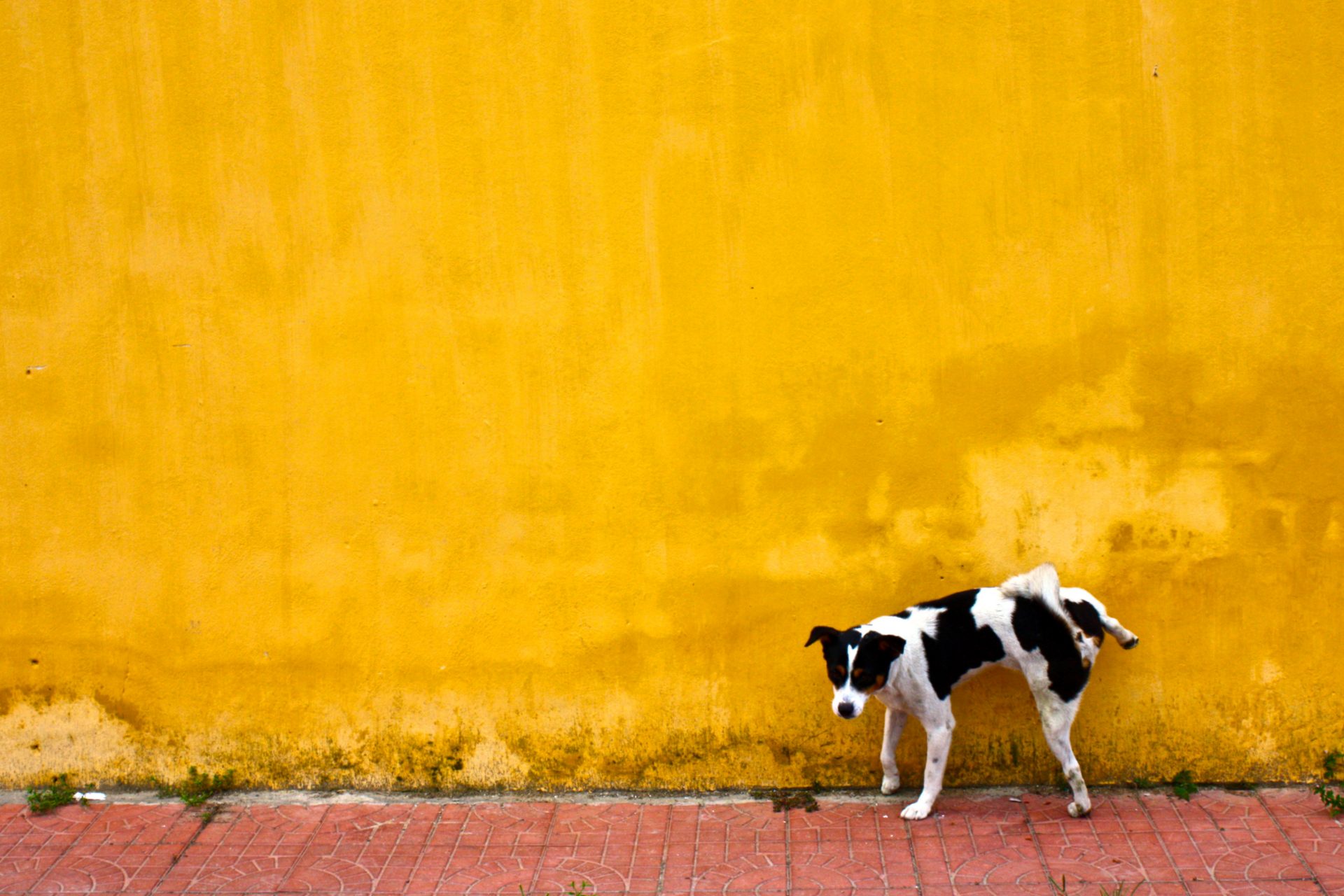Use these tips to save water in your garden and pool
As droughts become more frequent and severe in many parts of the world, it is crucial that we conserve water in every aspect of our lives, including in our gardens and yards.
Saving water in your outdoor spaces not only helps the environment but also saves money on your water bill. Click on for tips from experts on how to save water in your garden, yard, and pool during a drought.
According to Gardeners' World, "selecting drought-resistant plants is an excellent way to reduce the amount of water your garden needs."
Choose plants that are well-suited to your area's climate and soil type, and can withstand long periods of drought without much water.
Some examples include succulents, lavender, and rosemary. These plants are not only low maintenance but also add beauty to your garden. You should also look into varieties of grass that require little watering.
In an article on the subject of saving water in the garden, The Guardian suggests using mulch to "retain moisture in the soil, preventing it from evaporating."
Mulch also helps to suppress weed growth, which can compete with your plants for water.
"Spread a layer of mulch, such as wood chips or straw, around the base of your plants to keep the soil moist," advises Gardeners' World.
Many experts agree that watering your garden in the early morning or late afternoon when the temperature is cooler and the sun is less intense is one of the best ways to reduce outdoor water use.
Watering in early morning or evening will reduce evaporation and ensure that the water reaches the plant's roots.
In addition, Gardeners' World advises that watering on windy days so be avoided, as the water can be blown away from the plants.
Collecting rain water is a simple way to have a steady supply of water to use to water your veggies and plants. You could install a rainwater harvesting system to collect rainwater from your roof, for example.
This can be as simple as placing a rain barrel under a downspout on your home to catch the water. Using rain water is not only good for the planet but good for your pocket book too.
Grey water is water collected from showers, baths, washing dishes, mopping etc. If you want to make an investment you can purchase grey water diverters which collect the water from your bath to an outdoor irrigation system.
However, you can also simply do your washing up in a basin and use that water to water your plants. Most of the soaps and detergents we use are harmless for your plants and soapy water can be used in the garden without issue.
However never use water containing bleach, disinfectant, dishwasher salt or stronger cleaners. These can harm your plants, damage soil structure and could be a health risk.
According to Gardeners' World, "drip irrigation is an excellent way to reduce water usage in the garden."
Drip irrigation delivers water directly to the plant's roots, reducing evaporation and water waste. Install a drip irrigation system or use a soaker hose to water your plants.
In an article on saving water The Guardian suggests "Grouping plants according to their water needs is an efficient way to water your garden."
By planning ahead where you place your plants you can ensure that each plant receives the right amount of water and water is not wasted on plants that do not need it.
Gardeners' World suggests grouping "drought-tolerant plants together and water them less frequently than plants that require more water."
Probably the best thing to save water would be to not install a pool or use kiddie pools at all. However, if you already have a pool at home, follow these tips to waste less water.
According to the US Environmental Protection Agency, "covering your pool when it's not in use can reduce water loss due to evaporation by up to 90%." A pool cover not only reduces evaporation but also keeps the pool cleaner and helps to retain heat.
Backwashing is the process of cleaning the filter in your pool. While it's necessary to maintain clean water, excessive backwashing wastes water. "Reduce the frequency of backwashing your pool's filter to conserve water," advises the EPA.
If you notice any leaks in your pool, have them repaired immediately. "A small leak in a pool or spa can waste thousands of gallons of water in a year," warns the EPA.
If rainwater accumulates on your pool cover, use a pool cover pump to remove the excess water. This water can then be used to water your plants or lawn.
Image: screenshot YouTube
We encourage you to take a look around your outdoor space and try to apply as many of these tips as you can. Water is such a precious resource, we should all do our best to conserve it!
More for you
Top Stories








































